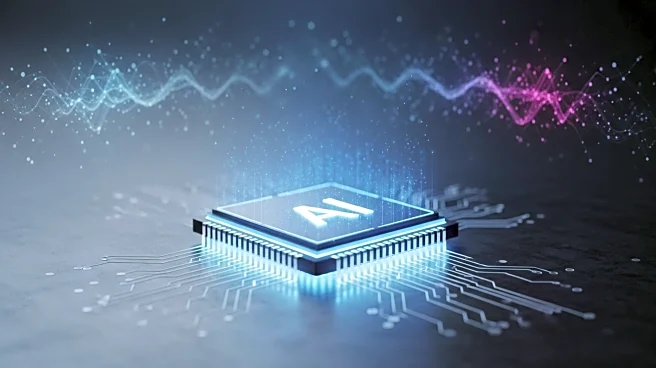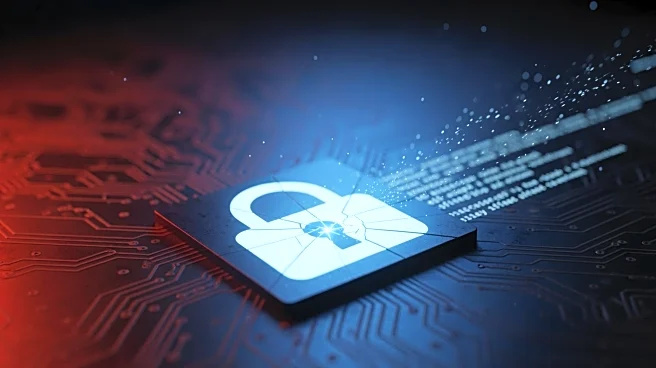What is the story about?
What's Happening?
OpenAI's newly released Sora 2, an AI-powered video and audio production tool, has sparked controversy by incorporating numerous Nintendo characters, including those from the Mario and Pokémon franchises. This development has raised concerns about potential legal action from Nintendo, known for its strict protection of intellectual property. Sora 2 allows users to create videos based on prompts, and the tool appears to have been heavily trained on Nintendo's IP, leading to widespread use of these characters in generated content. The New York Times reports that OpenAI has contacted major copyright holders and Hollywood stars to address similar issues, but it remains unclear if Nintendo was approached. The situation is reminiscent of past legal actions by Nintendo against AI-generated content featuring its characters.
Why It's Important?
The potential legal battle between OpenAI and Nintendo could have significant implications for the use of AI in creative industries. Nintendo's response to Sora 2's use of its characters will likely influence how other companies approach AI-generated content involving their intellectual property. This situation highlights the ongoing tension between technological innovation and copyright protection, as AI tools become more prevalent in content creation. Companies like Disney have already taken legal action against AI platforms, and similar moves by Nintendo could set precedents for future cases. The outcome may affect how AI startups collaborate with established media and gaming companies, impacting the development and deployment of AI technologies in these sectors.
What's Next?
If Nintendo decides to pursue legal action against OpenAI, it could lead to a high-profile court case that tests the boundaries of AI-generated content and intellectual property rights. The gaming giant's decision will be closely watched by other companies and legal experts, as it may influence future policies and practices regarding AI use in media. OpenAI may need to adjust its training models and content generation processes to avoid further legal challenges. Additionally, the case could prompt discussions on the need for clearer regulations and guidelines for AI-generated content, potentially leading to new industry standards.
Beyond the Headlines
The controversy surrounding Sora 2 and Nintendo's IP underscores the ethical and legal challenges posed by AI in creative fields. As AI tools become more sophisticated, the line between inspiration and infringement becomes increasingly blurred, raising questions about the rights of creators and the responsibilities of AI developers. This situation may drive broader conversations about the role of AI in art and entertainment, and how to balance innovation with respect for existing intellectual property. The case could also influence public perception of AI technologies, shaping how they are integrated into everyday creative processes.















